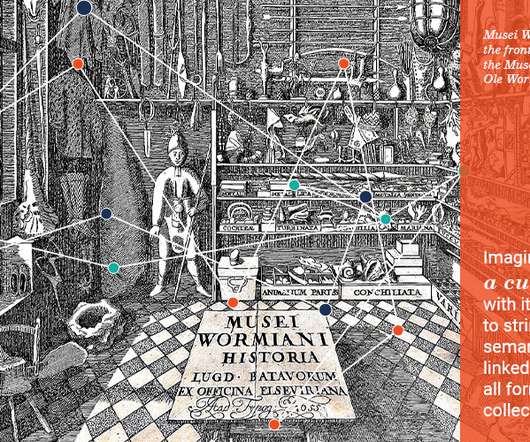Five benefits of a data catalog
IBM Big Data Hub
DECEMBER 16, 2022
An enterprise data catalog does all that a library inventory system does – namely streamlining data discovery and access across data sources – and a lot more. For example, data catalogs have evolved to deliver governance capabilities like managing data quality and data privacy and compliance.













Let's personalize your content